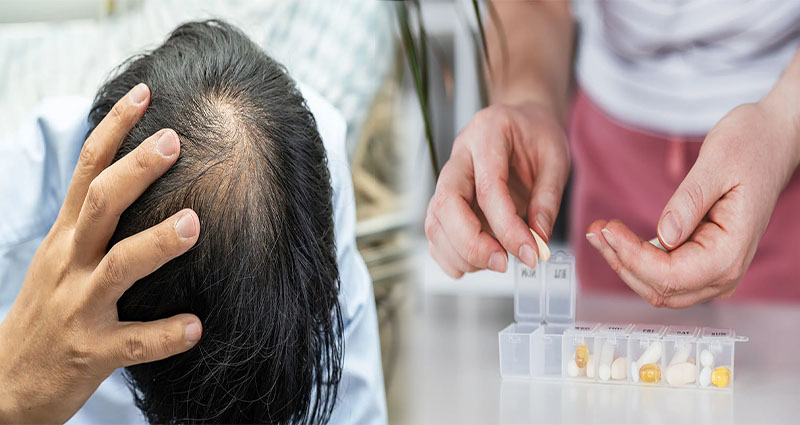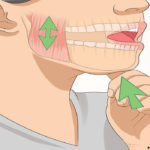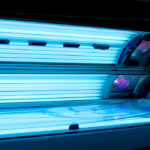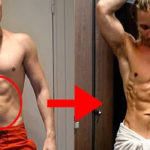Hair loss can be a distressing issue for many individuals, and while there are numerous factors that can contribute to this condition, nutritional deficiencies are one of the most common culprits. In particular, deficiencies in certain vitamins can lead to hair loss, making it essential to ensure that your body is getting an adequate amount of these nutrients. Below, we explore some of the best vitamins to address hair loss caused by nutritional deficiencies:
Vitamin A:
This essential vitamin plays a crucial role in the production of sebum, an oily substance that helps keep the scalp moisturized. A deficiency in vitamin A can lead to a dry, itchy scalp and potentially contribute to hair loss. Including foods rich in vitamin A, such as sweet potatoes, carrots, and spinach, can help combat this deficiency.
Vitamin B-complex:
B vitamins, including biotin (B7), niacin (B3), and pantothenic acid (B5), are vital for maintaining healthy hair growth. These vitamins help in the production of red blood cells, which carry oxygen and nutrients to the scalp and hair follicles. Incorporating sources of B-complex vitamins like eggs, nuts, and whole grains into your diet can help prevent hair loss caused by deficiencies.
Vitamin C:
Known for its powerful antioxidant properties, vitamin C aids in the absorption of iron, which is essential for promoting hair growth. Additionally, vitamin C helps in the production of collagen, a protein that strengthens hair strands. Citrus fruits, bell peppers, and strawberries are excellent sources of vitamin C that can help combat hair loss.
Vitamin D:
Studies have shown a correlation between vitamin D deficiency and hair loss, making it a crucial nutrient to address for those experiencing this issue. Vitamin D helps in the stimulation of hair follicles, promoting healthy growth. Spending time in the sun and consuming foods like fatty fish, mushrooms, and fortified dairy products can boost your vitamin D levels.
Iron:
Iron deficiency anemia is a common cause of hair loss in both men and women. Iron is necessary for the production of hemoglobin, which carries oxygen to the body’s tissues, including the hair follicles. Incorporating iron-rich foods like lean meats, lentils, and leafy greens can help combat hair loss due to iron deficiency.
By ensuring that your body is receiving adequate amounts of these essential vitamins and nutrients, you can address hair loss caused by nutritional deficiencies. However, it is essential to consult with a healthcare provider or a nutritionist before making any significant changes to your diet or supplement regimen to address hair loss effectively. Remember, maintaining a balanced diet rich in vitamins and minerals is key to promoting overall health and healthy hair growth.










